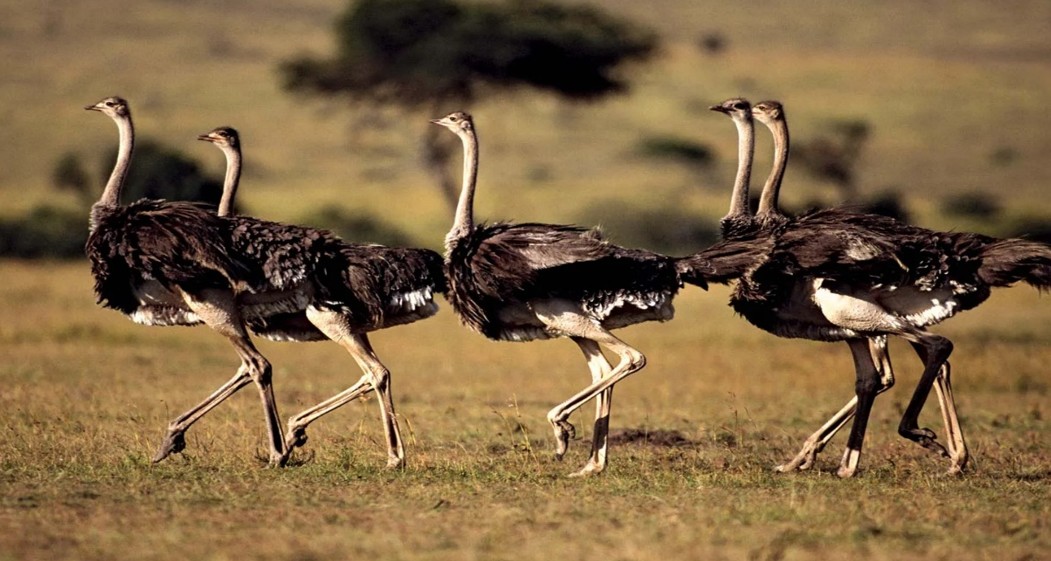‘Delay culling of 400 Ostriches’, B.C. farmers to Supreme Court, say birds don’t have flu
24-Aug-2025.

The British Columbia farmers who own 400 ostriches ordered destroyed because of bird flu plan to ask Canada’s highest court to once again delay the cull, arguing that the birds are healthy and have posed no threat for months.
The family is determined to take their case to the Supreme Court of Canada after the Federal Court of Appeal ruled on August 21 that the Canadian Food Inspection Agency was operating within its mandate when it concluded the birds should be destroyed, Katie Pasitney, whose parents own Universal Ostrich Farms in Edgewater, B.C, said.
Ms. Pasitney said, “We’re trying everything we can to keep these healthy animals alive, and set a precedent”.
The family’s lawyer plans to ask the Supreme Court for an emergency stay of the cull order until the family can apply for leave to appeal.
B.C. farmers who own 400 ostriches ordered destroyed because of bird flu plan to ask Canada’s highest court to once again delay the cull, arguing that the birds are healthy and have posed no threat for months.
The family is determined to take their case to the Supreme Court of Canada after the Federal Court of Appeal ruled on August 21 that the Canadian Food Inspection Agency was operating within its mandate when it concluded the birds should be destroyed, Katie Pasitney, whose parents own Universal Ostrich Farms in Edgewater, B.C., said.
“We’re trying everything we can to keep these healthy animals alive, and set a precedent,” Ms. Pasitney said.
The family’s lawyer plans to ask the Supreme Court for an emergency stay of the cull order until the family can apply for leave to appeal.
“We’re scared,” Ms. Pasitney said, “but that fear is entwined with hope.”
The case has drawn attention across Canada and from high-profile figures in the United States. The farmers are hoping a convoy of supporters will show up at the farm to protest against any move to kill the birds.
Ms. Pasitney said, between Dec. 14, 2024, and Jan. 14, 2025, 69 young birds died. The CFIA ordered the birds destroyed after two of them tested positive for bird flu at that time.
The farm has argued that after that initial outbreak, the flock of 400 birds have remained healthy, pose no threat and show no signs of illness. The farmers say that the survivors should be allowed to live, and potentially be studied to see if they can provide insight into how to fight the disease.
As the farmers pursued a review of the CFIA order in December, courts have granted delays to the cull. Months later, it’s unclear whether the remaining birds still carry the virus.
The CFIA declined to reply when asked whether the agency has tested the birds for avian flu in the past eight months. Previously, the CFIA has said that additional testing would not alter its decision to cull the flock.
There are “ongoing risks” to animal and human health as well as export-market access for Canadian goods, the CFIA has said. The agency in a statement said on Thursday, the CFIA will publicly not share dates or plans about the forthcoming cull.







